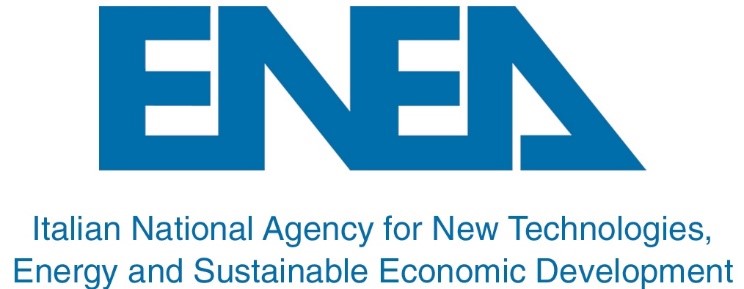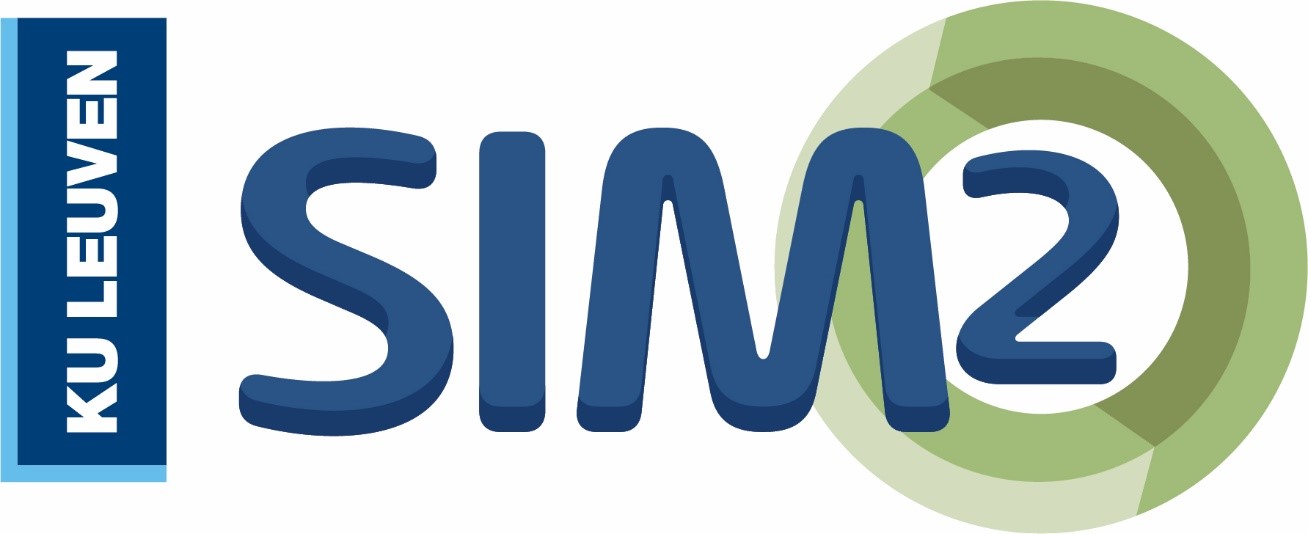 |
ENEA is an Italian research organisation aimed at technological innovation in the sectors of energy, environment and sustainable economic development. ENEA’s laboratory ‘Technologies for Reuse, Recycling, Recovery and valorisation of waste and Materials’ (T4RM) operates in the framework of European initiatives and strategies on resource efficiency, eco-innovative processes and technology development to valorise by-products, EoL products and waste streams, thereby supporting the circular economy transition. ENEA’s team has more than 25 years’ experience in developing and optimising technologies to recover (C)RMs from “complex matrices” (e.g. WEEE, ash, catalysts). T4RM is currently involved in Batteries Europe (WG2 – Raw Materials and Recycling), ERMA, as well as in several national/European networks related to RM value chains. |
 |
VITO is a leading Flemish independent research and consultancy centre in the areas of cleantech and sustainable development. Its Waste Recycling Technologies team develops technologies for advanced characterisation, separation, recovery and residue conversion with a specific focus on loop closure, recovery of valuable materials and upcycling of mineral matrices, the so-called ‘Near-Zero Waste’ concept. The team has, amongst others, a particular expertise and state-of-the-art equpment to perform experiments in autoclaves at elevated temperature and pressure and a track record in developing novel hydrometallurgical routes to extract valuable metals from low-grade waste materials. |
 |
Fraunhofer ILT located in Aachen, Germany, is a leading institute for industrial applications of laser processes. The material analysis group has pioneered in the development of laser-induced breakdown spectroscopy (LIBS) as an automated analytical technique and introduced it in industrial applications, including steel alloy identification, slag analysis and metal scrap sorting for recycling. A broad background know-how is available on laser-material interaction and on material handling to enable in-line laser processes. Furthermore, experience is available on economic and ecological process assessment. |
 |
KU Leuven’s SOLVOMET group, which is embedded in the flagship KU Leuven Institute for Sustainable Metals and Minerals (SIM2 KU Leuven), is specialised in metallurgical chemistry. The SOLVOMET research is organised along four flagship research domains, with solvent extraction as a common thread: (1) solvo- and hydrometallurgical processes; (2) speciation and thermodynamic modelling; (3) extractant design and solvent formulation; and (4) metal recovery and separation. Applied research with industry is being done in the SOLVOMET Industrial Service Centre. The SOLVOMET group is well equipped with analytical equipment (ICP-OES/-MS, TXRF, WD-XRF, Raman, FT-IR) as well as with equipment for leaching and solvent extraction on mini-pilot scale. Prof Binnemans is holder of an ERC Advanced Grant (SOLCRIMET) and an ERC Proof-of-Concept Grant (SOLVOLi, on lithium refining). The SOLVOMET group has a proven track record in the field of lithium metallurgy. |
 |
Accurec is a German SME company, founded in 1995, with its primary target to constitute the consumer battery recycling market in Germany. ACC is now a continuously growing and leading company of LIB recycling. ACC spends 10% of its turnover to R&D activities. Thus, several R&D projects (e.g. CROCODILE, Liberty, LOLABAT) were initiated in cooperation with international partners and/or universities to improve internal know-how and test newly developed recycling process. |
Industrial Advisory Board (IAB)
The ACROBAT consortium will have close interactions with its Industrial Advisory Board (IAB). The IAB is composed of relevant industrial stakeholders active along the EU battery (recycling) value chain (i.e. Bebat, Sortbat, Electrocycling and Umicore).
